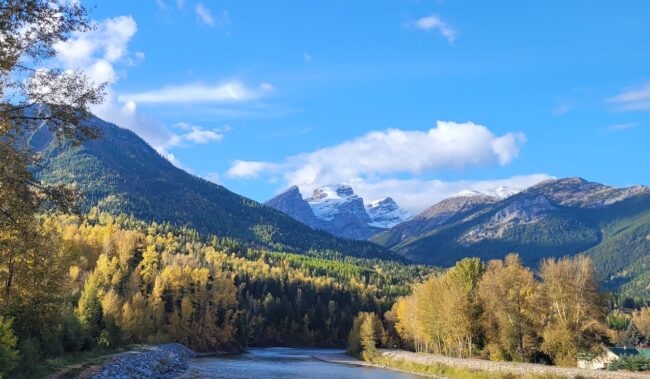
By Derf Johnson
Industrial totalitarianism is an unfortunate, central part of Montana’s state history. Mining companies, railroads, and timber companies owned the papers and the politicians, and our political institutions were centralized into the hands of a few corrupt men who were driven by greed and a thirst for power. Our history is marked by violence against unionization, racism, and a free-for-all exploitation of the lands and waters by private interests. The government operated through backroom deals that benefited a few at the expense of the many.
Our system was broken, and the only way to readjust the balance of power and integrity in government was massive reform. Thankfully, a Constitutional Convention was called in 1972, and Montana adopted a new constitution that made significant changes to our governmental processes and the rights of individuals. Most notably, it required sunlight provisions for governmental decision-making and established fundamental rights for Montanans, including the right to a clean and healthful environment.
The “sunlight” provisions in the Constitution provide that governmental decision-making cannot take place behind closed doors, but rather public hearings and public access to documents should be part and parcel to our system of government. Specifically, Article II, Section 9 of the Constitution provides that: “No person shall be deprived of the right to examine documents or to observe the deliberations of all public bodies or agencies of state government and its subdivisions, except in cases in which the demand of individual privacy clearly exceeds the merits of public disclosure.” The provision has been subsequently interpreted by courts to clearly and unequivocally require public access to government documents, even when embarrassing or cumbersome. The courts have also recognized very limited, narrow exceptions to this constitutional right.
For the most part, state agencies have become accustomed to providing public documents upon request. Cue Attorney General Austin Knudsen and the Montana Department of Justice (DOJ).
Recently, DOJ intervened in litigation regarding pollution emanating from the Teck Coal mines in the Elk Valley of British Columbia and polluting Lake Koocanusa and the Kootenay River in Montana; to everyone’s surprise, DOJ is in support of this Canadian mining corporation. If DOJ’s support for a foreign mining company operating in Canada that is polluting U.S. waters doesn’t raise your eyebrows, then perhaps its privilege claims over public documents will.
Finding DOJ’s actions both out of place and antithetical to the interests of Montanans, MEIC submitted a formal information request to DOJ for its communications with Teck Coal in early January of this year. After a prolonged back and forth ( and an exorbitant fee estimate), the DOJ ultimately denied MEIC access to the public documents, citing a “common interest privilege” with the foreign corporation. Interestingly, such a privilege has never been recognized to exist in Montana between a government entity and a party that it purportedly regulates.
DOJ’s position ultimately forced MEIC to court in April to access the documents. The documents are clearly public, and the reason for denial that DOJ asserts flies in the face of the law and Montana’s history. Unfortunately, lawsuits take time and money, but MEIC will not back down from the government’s attempt to quash and intimidate members of the public from requiring transparency and accountability for our elected officials.
This article was published in the July 2024 issue of Down To Earth.

